 |
| Buddhist monks and nuns experience the digital audio documentation space at the Archives and Research Center of the Vietnam Buddhist Academy in Hue. |
Precious audio extracts
With hundreds of recordings owned by the family of the late lay Buddhist Tam Dai Le Van Dung (Hue City) - owner of Hoa Dam recording studio in Hue before 1975 - all recordings were made by the late lay Buddhist Tam Dai Le Van Dung on a reel-to-reel tape system (Akai discs), recording the Dharma sound system of eminent monks and Hue Buddhist events that took place more than 50 years ago.
Most of the programs are recorded as "live recordings", which means not recorded in a studio, but recorded right at the temple, at the time of the event, with high authenticity.
According to the late layman's will, his family donated all of these recordings to the Archives and Research Center of the Hue Buddhist Academy. After receiving them, the Vietnam Buddhist Academy in Hue and the late layman's son and many colleagues spent a lot of time processing, digitizing, and converting the audio into standard formats compatible with digital technology on modern platforms. At the same time, they also came up with ideas, designed, and implemented a digital document gallery located at 109 Minh Mang, promptly putting it into operation. After the processing, a total of 95 short extracts were completed to serve the public.
Mr. Le Van Chinh, son of the late Buddhist Le Van Dung, said that to have nearly a hundred extracts, the processing went through many stages and took a lot of time. Because the total volume of recordings that his father had stored was up to 350 hours.
When donating, Mr. Chinh hopes that along with the system of oral or written documents, these audio documents will help people have a more interesting approach to a period of Hue Buddhism history. "What I like most in those recordings is the teachings, emphasizing the study and practice of the high monks," Mr. Chinh shared.
Interesting destination
Stepping into the newly opened digital document exhibition space, visitors encounter the massive legacy that the layman donated and the efforts of those who processed and brought those documents to a modern audio platform.
Just by wearing headphones, listeners can select relevant extracts using ultra-wideband IPS technology. It can be chanting rituals, Buddhist scriptures, repentance, dharma talks, dharma discussions of venerable monks, or recordings about historical events of Hue Buddhism, ancient and modern Buddhist music, recordings explaining Buddha's birthday banners...
According to Venerable Thich Khong Nhien, Deputy Director and Executive Director of the Archives and Research Center of the Vietnam Buddhist Academy in Hue, these digitized sounds are valuable documents, helping future generations understand more about Buddhist culture and history. Along with opening up to serve the research of monks and nuns, this place will become a destination for those who love and learn about Hue Buddhist culture.
After the audio digitization space, in the coming time, the Archives and Research Center will continue to add digitized documents on Lieu Quan publications, woodblocks, ancient classics, steles, bells, statues, dharma instruments, Buddhist Han Nom documents, etc. on a modern technology system.
The first Buddhist audio documentation museum in Vietnam Layman Tam Dai Le Van Dung used to live in Hue. In addition to being the owner of a recording company, he was also in charge of information and communication and managed events for Hue Buddhism before 1975. Later, when he moved to Ho Chi Minh City, his family brought the recordings with them. In 2022, when the Vietnam Buddhist Academy in Hue officially established and operated the Archive and Research Center, the family of the late lay Buddhist Tam Dai Le Van Dung decided to donate all of these valuable documents. “This is considered the first Buddhist audio documentation museum in Vietnam. The Academy is planning to open it to serve those who are interested. Depending on the research and study purposes of each person, we will create the most favorable conditions for them to directly access extracted or intact recordings,” said Venerable Thich Khong Nhien. |
Source: https://huengaynay.vn/van-hoa-nghe-thuat/giu-tu-lieu-phat-giao-qua-thanh-am-158649.html


![[Photo] Opening of the World Cultural Festival in Hanoi](https://vphoto.vietnam.vn/thumb/1200x675/vietnam/resource/IMAGE/2025/10/10/1760113426728_ndo_br_lehoi-khaimac-jpg.webp)


![[Photo] Unique Phu Gia horse hat weaving craft](https://vphoto.vietnam.vn/thumb/1200x675/vietnam/resource/IMAGE/2025/10/10/1760084018320_ndo_br_01-jpg.webp)

![[Photo] Ho Chi Minh City is brilliant with flags and flowers on the eve of the 1st Party Congress, term 2025-2030](https://vphoto.vietnam.vn/thumb/1200x675/vietnam/resource/IMAGE/2025/10/10/1760102923219_ndo_br_thiet-ke-chua-co-ten-43-png.webp)
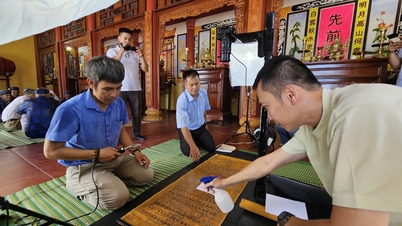
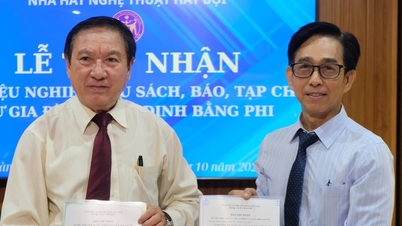






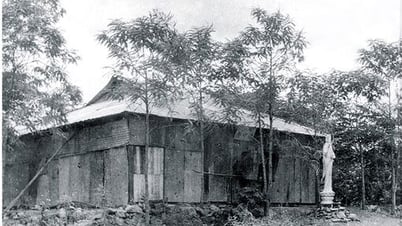

















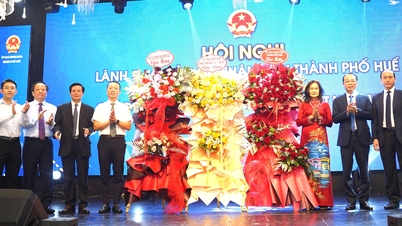
















































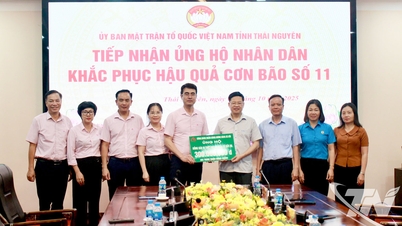

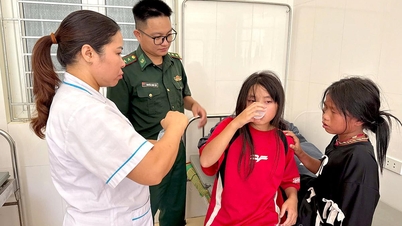

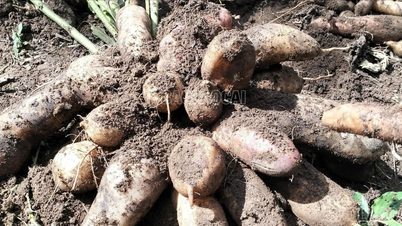















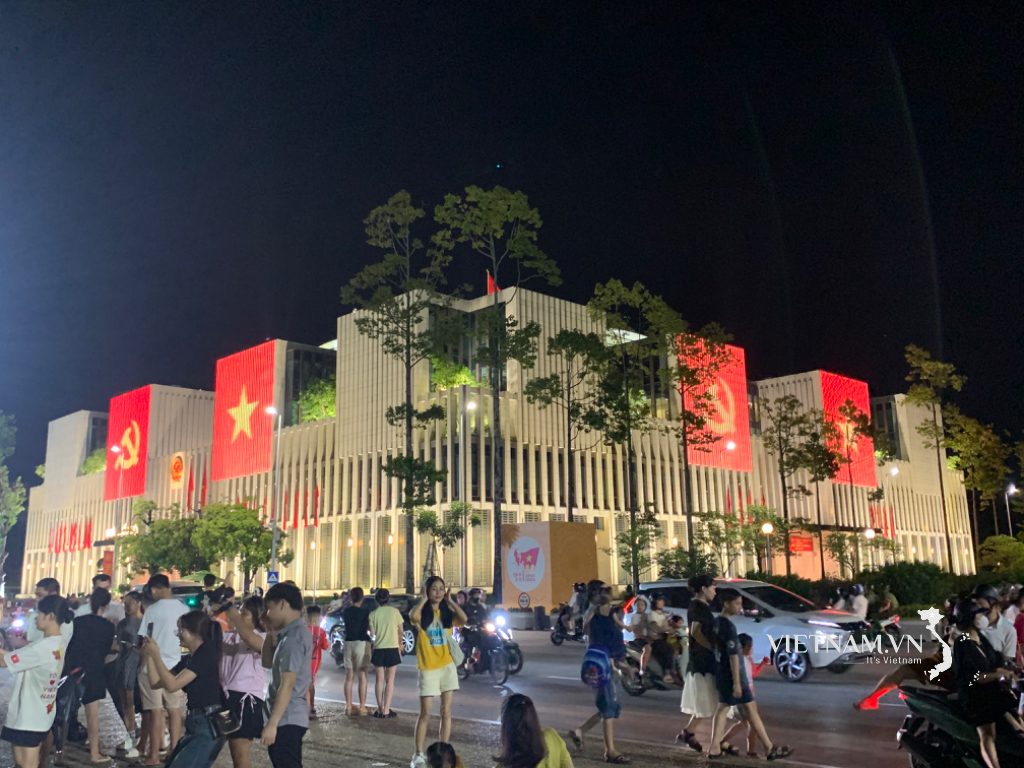

Comment (0)